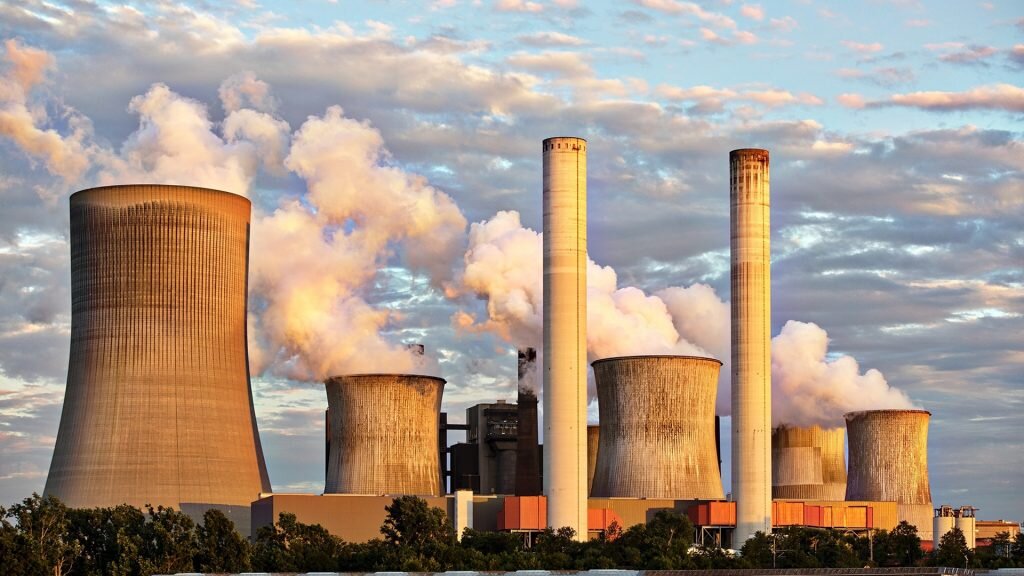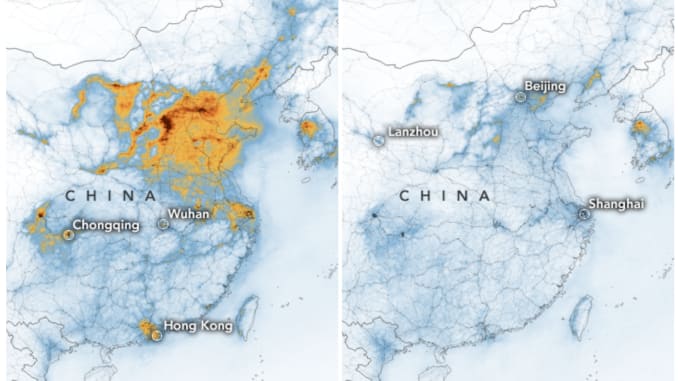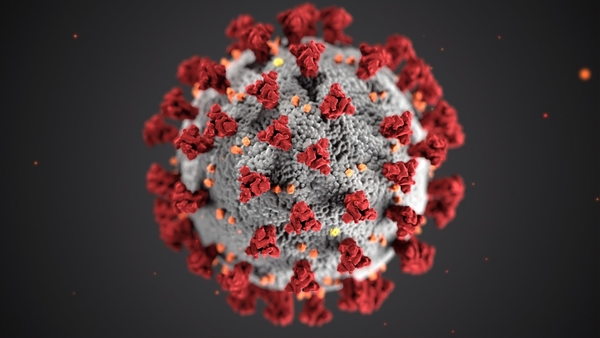The COVID-19 pandemic appears to have reduced pollution levels worldwide, but will this last?

Where is the climate change crisis at?
Roll back to June of last year and you might remember some reports stating we have 18 months left to save the world from irreparable damage spearheaded by climate change.
Climate change seems to have accelerated in the last few years and seems far more obvious than ever before. Climate change is a clear result of our excessive air pollution and greenhouse gas emissions. Other than global warming, air pollution is thought to have significant effects on humans worldwide. Health conditions, such as emphysema, are known long-term effects.
The main contributor to these harmful emissions is the burning of fossil fuels. Yet the burning of fossil fuels powers almost every industry.
How has the pandemic affected pollution?
There are strong reports of reduced air pollution in China, and as industries come to a standstill across the globe, we are likely to see this improvement across the world.

As captured by NASA satellites, nitrogen dioxide air pollution in China has seen a major reduction. The image on the left of Figure 1 was captured in January, with the big area of orange and black indicating high levels of nitrogen dioxide. The image on the right was taken in February and clearly shows that levels of nitrogen dioxide were almost zero.
Nitrogen dioxide is an exhaust gas emitted from cars and other forms of transport. It isn’t thought to be a greenhouse gas, but it is linked to some respiratory problems in humans. Since the emission of nitrogen dioxide is coupled with other exhaust gases that are greenhouse gases, it serves as an indicator of the amount of greenhouse gases in the atmosphere.
Also, the canals in Venice seem to have cleared up amidst the lockdown and the ESA have reported similar drops in air pollution in Italy.
Air travel is a major contributing factor to air pollution. Airplanes burn huge amounts of kerosene fuel and this presents a huge threat to the UK government’s pollution targets. It is also thought that emissions at higher altitudes have a greater impact on climate change. Commercial air traffic has fallen rapidly since the break-out of COVID-19, particularly in China. Air traffic in China’s 25 busiest airports fell by 80% going into February. Airlines across the globe are slowly becoming grounded and many are requiring the government’s financial help to avoid bankruptcy.
Overall traffic has gone down massively. Researchers in New York claim that carbon monoxide levels have been reduced 50% compared with last year.
What happens when things go back to normal?
I believe that we would all love nothing more than for things to return to the ways that they were half a year ago. But do things really have to return to the status quo? Will there be a surge in pollution when things return to normal?
Many experts believe that the changes we are seeing (including the canals in Venice) are temporary. Whether or not we will see reduced levels of air pollution by the end of the year depends on how long the pandemic lasts. Should we see more months of this crisis, with countries around the globe remaining in lockdown, we may see further reduced carbon dioxide levels.
The way in which the world’s carbon footprint is currently falling is not sustainable and can’t be maintained when the world begins to stand on its own two feet again. The current catastrophe is not the way anyone would have envisioned the carbon footprint falling. If anything, the pandemic has halted the global push for governments to be more aggressive in their approach to reducing emissions.
The canals in Venice clearly show what effects the status quo has on the Earth. Eventually the global economy will get ticking again, and for when it does, we should look to implement changes in order to keep climate change mitigated.
That is, if the world remembers to care then...
Return to topSign up to recieve our newsletters
Don't miss out on our latest content!
Recent posts

Pramod Kumar | 2022-03-04
How Are Investments in Genomics Driving Research Projects?
Science, Healthcare, Business | 4 min read

Dillon Lad | 2021-07-10
4 ways we're destroying the environment without even realising
Environment | 4 min read

Dillon Lad | 2021-04-26
The science behind The Matrix: can we power the world with our own mind and bodies?
Technology, Science, Film | 4 min read

Dillon Lad | 2021-01-29
Breaking up Big Tech with a decentralised internet for the future
Technology | 4 min read
